I borrowed a copy of Alwyn Hamilton‘s Rebel of the Sand from my local library and I won a copy of the sequel Traitor to the Throne through Goodreads.
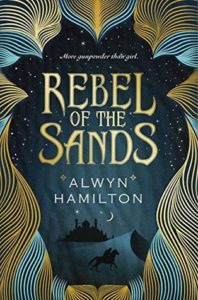 Description from Goodreads:
Description from Goodreads:
Mortals rule the desert nation of Miraji, but mythical beasts still roam the wild and remote areas, and rumor has it that somewhere, djinn still perform their magic. For humans, it’s an unforgiving place, especially if you’re poor, orphaned, or female.
Amani Al’Hiza is all three. She’s a gifted gunslinger with perfect aim, but she can’t shoot her way out of Dustwalk, the back-country town where she’s destined to wind up wed or dead.
Then she meets Jin, a rakish foreigner, in a shooting contest, and sees him as the perfect escape route. But though she’s spent years dreaming of leaving Dustwalk, she never imagined she’d gallop away on mythical horse—or that it would take a foreign fugitive to show her the heart of the desert she thought she knew.
Review:
I was really excited about a Middle-Eastern fantasy, with djinni and magic and….guns? Yeah, the guns threw me off, especially since none of the other technology that would normally develop along side guns seem to be present. But I eventually got use to that.
I liked Amani just fine and I like Jin too. I even liked them together,I won’t say they sizzled or anything like that, but I liked them. I liked the side characters, once they started showing up.
My main issue had to do with the fact that the first half of the book feels aimless. It’s basically just two people running around and confronting whatever pops up at them. Toward the end a goal, I might even say a plot finally developed. But as this is a series, the book ended before the overarching plot really got rolling.
I liked the writing just fine. The cover is awesome (the original one) and, again, I liked the characters and that there is some diversity in the cast. In fact, I liked this a lot more than a lot of YA books I’ve read. Jin is more than willing to let Amani shine and I appreciated that. I like a hero who lets a heroine step forward. But I always have a problem when gender disparities are used as a plot device and not explored. Even worse, when it’s used, it’s not explored, other less objectionable aspects of the culture being borrowed from aren’t included to balance the sexism out (as if the only notable things about the Middle-Eastern setting are the sand, the tents and the horrible way they treat women) and one character is just randomly able to buck the cultural immersion of an entire life. Why her and not other women?
Regardless, I liked it just fine and I’ll be reading the next one.
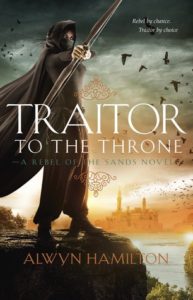 Description from Goodreads:
Description from Goodreads:
Gunslinger Amani al’Hiza fled her dead-end hometown on the back of a mythical horse with the mysterious foreigner Jin, seeking only her own freedom. Now she’s fighting to liberate the entire desert nation of Miraji from a bloodthirsty sultan who slew his own father to capture the throne.
When Amani finds herself thrust into the epicenter of the regime—the Sultan’s palace—she’s determined to bring the tyrant down. Desperate to uncover the Sultan’s secrets by spying on his court, she tries to forget that Jin disappeared just as she was getting closest to him, and that she’s a prisoner of the enemy. But the longer she remains, the more she questions whether the Sultan is really the villain she’s been told he is, and who’s the real traitor to her sun-bleached, magic-filled homeland.
Review:
Let me start with the fact that I liked this book. But I didn’t love it. It has some definite second book issues. I actually want to say, “middle book” issues, but I don’t know how many books are planned for the series. But this FEELS like a middle book. It’s long and tedious and starts a few months after the events of the first book, but ends before anything is really concluded.
Worst of all, there was so little Jin and Amani. Well, just so little Jin in general. But one of my favorite parts of the first book was Amani and Jin’s banter and unquestioning trust in each other. I missed that a lot in this book. The court intrigue and mental masterbation about what makes a good leader/ruler (and what the difference might be) was not a substitute as far as I was concerned.
That brings me to complaint number two. I missed the Amani who threw herself into action. The Amani of this book is sedentary and largely helpless and naive. I might not have minded it if so much of the book wasn’t this. But I felt bogged down in her being trapped.
I liked it, but didn’t love it. Still, if I remember the series when book 3 comes out next year, I’ll read it.

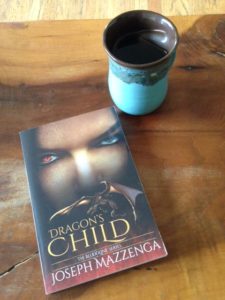
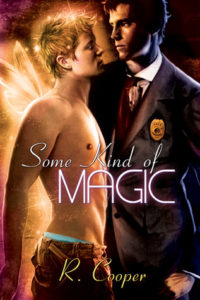 Description from Goodreads:
Description from Goodreads: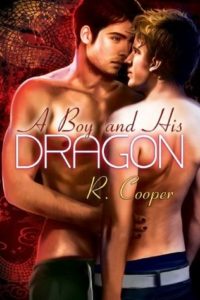 Description from Goodreads:
Description from Goodreads: